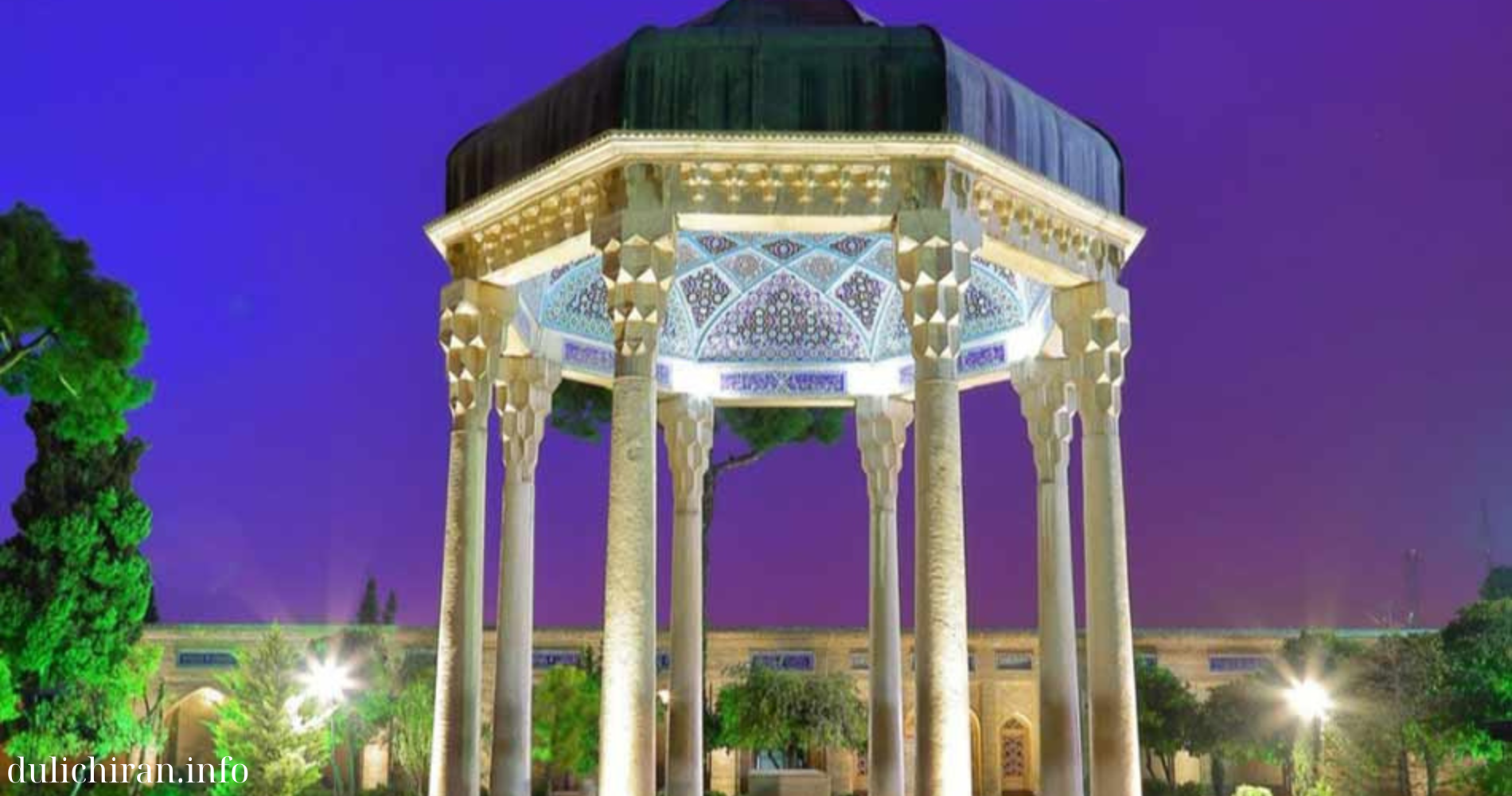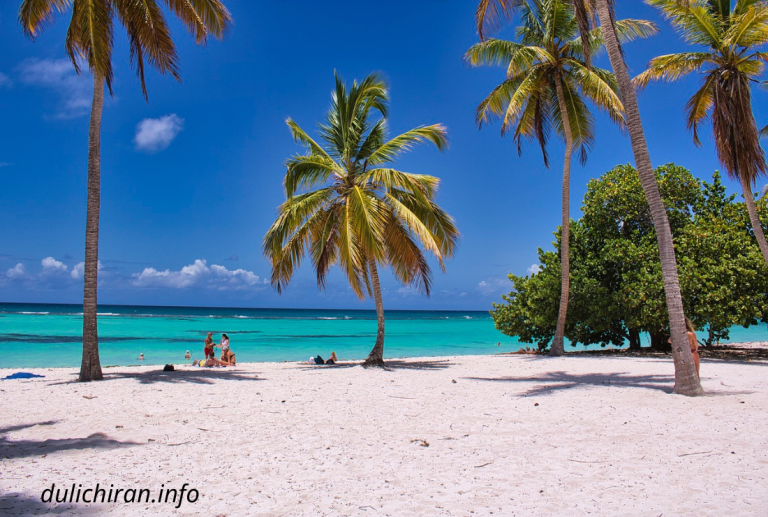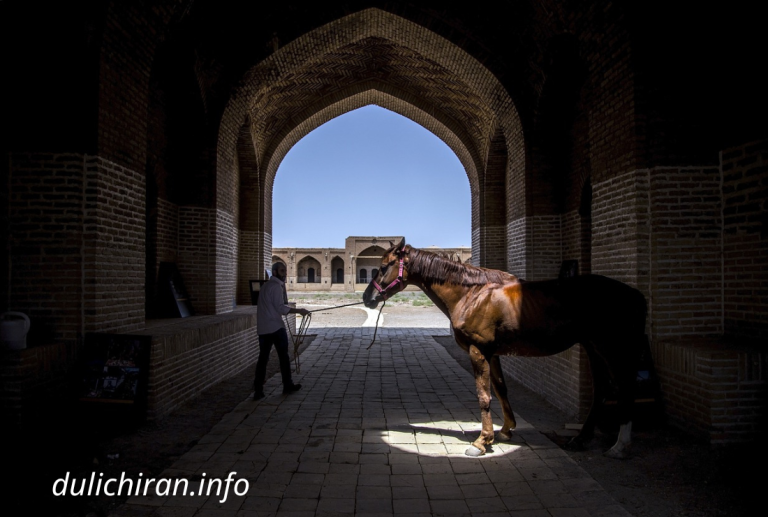Unveil Iran’s Wonders with the Best Travel Destinations for an Enriching Experience

Iran, a land of captivating history and diverse landscapes, offers travelers a unique blend of ancient heritage, vibrant culture, and stunning natural beauty. From its majestic ruins and bustling cities to serene landscapes and traditional villages, Iran promises an enriching journey for those seeking to explore its many facets. This comprehensive guide delves into the top travel destinations in Iran, offering insights into key attractions, cultural experiences, and practical tips to help you make the most of your visit.
Key Highlights
Historical and Cultural Marvels: Delve into Iran’s rich history with visits to iconic landmarks, ancient ruins, and UNESCO World Heritage sites that tell the story of its past.
Natural Wonders and Scenic Landscapes: Explore Iran’s diverse natural beauty, from towering mountains and vast deserts to lush forests and serene coastlines.
Vibrant Urban Experiences: Experience the dynamic life of Iran’s major cities, where modernity meets tradition, offering a taste of local cuisine, bustling markets, and cultural activities.
Cultural Insights and Practical Tips: Understand Iranian customs, travel tips, and essential information to enhance your travel experience and navigate the country with ease.
Historical and Cultural Marvels: A Journey Through Iran’s Past
Persepolis: The ancient city of Persepolis, founded by Darius the Great in 518 BC, stands as one of Iran’s most remarkable historical sites. This UNESCO World Heritage site features colossal ruins, intricate bas-reliefs, and grand staircases that once served as the ceremonial center of the Achaemenid Empire. Wander through the ruins and imagine the grandeur of this once-thriving metropolis.
Isfahan: Isfahan, often referred to as “half of the world,” is celebrated for its stunning Islamic architecture and vibrant cultural scene. Key landmarks include the Imam Mosque, with its stunning tilework and grand domes, and the Sheikh Lotfollah Mosque, renowned for its exquisite interior. The city’s historic bridges, such as Si-o-se Pol and Khaju Bridge, offer picturesque views and a glimpse into Iran’s architectural genius.
Shiraz: Known for its poetry, gardens, and rich cultural heritage, Shiraz is a city that enchants visitors with its historical sites and serene ambiance. Visit the Nasir al-Mulk Mosque, famously known as the “Pink Mosque,” to see its breathtaking stained glass windows. The tombs of poets Hafez and Saadi are also significant cultural landmarks, drawing admirers of Persian literature.
Yazd: Yazd, with its well-preserved traditional architecture, offers a window into Iran’s ancient urban planning. Explore its labyrinthine alleyways, historic wind towers, and adobe houses that create a unique atmosphere. The city is also known for its Zoroastrian heritage, with sites such as the Towers of Silence and the Fire Temple providing insights into one of the world’s oldest religions.
Natural Wonders and Scenic Landscapes: Iran’s Diverse Beauty
Mount Damavand: Standing at 5,671 meters, Mount Damavand is the highest peak in Iran and the Middle East. This dormant volcano, located in the Alborz mountain range, is renowned for its striking appearance and challenging climbing routes. The surrounding area offers spectacular views and opportunities for outdoor activities, including hiking and mountaineering.
Dasht-e Kavir: The Dasht-e Kavir, or Great Salt Desert, is a vast expanse of salt flats, sand dunes, and rugged terrain. This arid landscape is mesmerizing in its stark beauty, with unique geological formations and atmospheric conditions that create a surreal environment. Explore the desert’s expansive vistas and enjoy the solitude of this remote region.
Caspian Sea Coast: The northern coast of Iran, along the Caspian Sea, provides a contrasting landscape with its lush greenery and mild climate. Cities like Ramsar and Anzali offer beautiful beaches, tranquil waters, and opportunities for relaxation and exploration. The region’s natural beauty is complemented by its cultural heritage and local cuisine.
Alborz Mountains: The Alborz mountain range stretches across northern Iran, offering dramatic landscapes and outdoor adventure opportunities. Popular destinations include the ski resort town of Dizin, known for its winter sports facilities, and the picturesque village of Masuleh, with its unique stepped architecture and scenic surroundings.
Vibrant Urban Experiences: Cities of Culture and Commerce
Tehran: As Iran’s bustling capital, Tehran is a city of contrasts, blending modernity with tradition. Explore the Grand Bazaar, a sprawling marketplace where you can shop for local crafts and goods. Visit the National Museum of Iran to view a comprehensive collection of ancient artifacts, and enjoy the city’s lively cultural scene, including theaters, art galleries, and music venues.
Tabriz: Tabriz, one of Iran’s oldest cities, is known for its historical significance and vibrant cultural life. The Tabriz Historic Bazaar Complex, a UNESCO World Heritage site, is one of the largest and oldest covered bazaars in the world. The Blue Mosque, with its striking blue tiles and intricate designs, is another must-see landmark in the city.
Kerman: Kerman is a city rich in history and tradition, with attractions such as the Ganjali Khan Complex, which includes a caravanserai, bathhouse, and mosque. The nearby Shahdad Desert offers unique landscapes, including ancient archaeological sites and stunning desert formations.
Cultural Insights and Practical Tips: Navigating Iran
Cultural Etiquette: Respecting local customs and traditions is essential when traveling in Iran. Dress modestly, covering your arms and legs, and adhere to local dress codes, especially when visiting religious sites. Observing social norms and practicing polite behavior will enhance your travel experience.
Language: Persian (Farsi) is the official language of Iran. While English is spoken in major cities and tourist areas, learning a few basic Persian phrases can be helpful and appreciated by locals. Consider carrying a phrasebook or using translation apps to facilitate communication.
Currency: The Iranian rial (IRR) is the official currency. It’s advisable to carry cash, as credit card usage can be limited, and exchange rates can vary. Currency exchange services are available in major cities and at airports.
Travel Safety: Iran is generally safe for travelers, but it’s important to stay informed about current travel advisories and follow local regulations. Respect local customs and be mindful of your surroundings to ensure a safe and enjoyable trip.
Conclusion
Iran offers a wealth of experiences for travelers eager to explore its historical, cultural, and natural treasures. From the grandeur of ancient ruins and the architectural marvels of its cities to the breathtaking landscapes and vibrant local life, Iran promises an enriching journey filled with unforgettable moments. Embrace the opportunity to uncover the hidden gems of this remarkable country, immerse yourself in its diverse culture, and create lasting memories in one of the world’s most captivating destinations.
FAQ
What are the must-visit historical sites in Iran? Key historical sites include Persepolis, Isfahan’s mosques and bridges, Shiraz’s gardens and tombs, and Yazd’s traditional architecture.
What natural landscapes should I explore in Iran? Top natural attractions include Mount Damavand, the Dasht-e Kavir desert, the Caspian Sea coast, and the Alborz Mountains.
Which cities offer the best cultural experiences in Iran? Tehran, Tabriz, Kerman, and Shiraz are notable for their rich cultural experiences, historical sites, and vibrant markets.
What should I know about Iranian customs and etiquette? Dress modestly, respect local traditions, and learn basic Persian phrases to enhance your travel experience.
Is it safe to travel to Iran? Iran is generally safe for travelers, but it’s important to stay updated on travel advisories and follow local customs and regulations.





